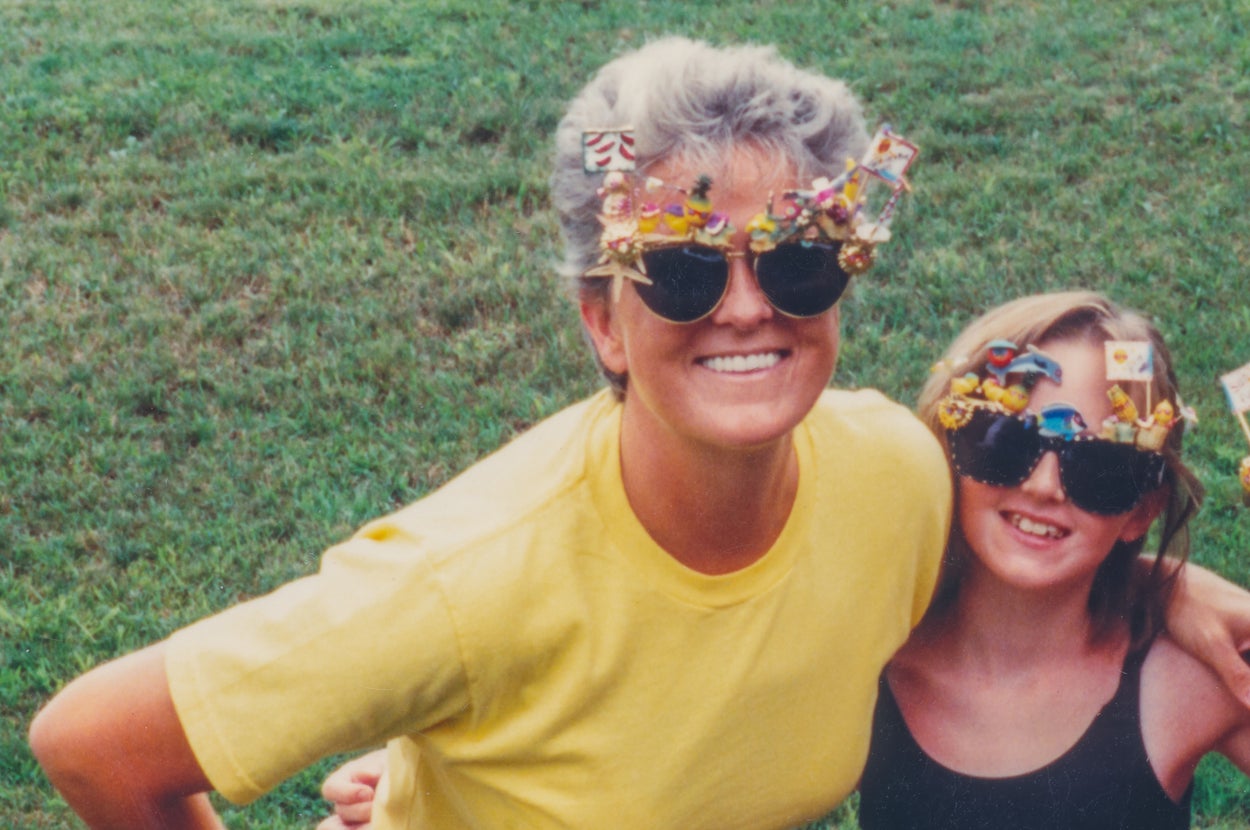
"I've been in the industry for over 25 years now. And I remember when I first started, that was the big thing: People paying you under the table and not paying their taxes. I remember even working for a family and they were lawyers, so they figured out how to get around it. I was like, 'I can't buy a car because I don't have any proof of income,' because I got paid in cash. ... It was really weird. At the time, I was young and I did not understand the whole business of it. It definitely was done and it's still done even though it's illegal. People still try to pay you under the table. On a bigger scale, when COVID happened, so many nannies who were getting paid under the table couldn't file for unemployment. It's a big 'no' for me."
"About 10 years ago, I took a nanny job that paid $200 a week, so a lot of the stuff that I post [on TikTok] is based on real experiences that I have gone through within the last 10 years. A lot of people undermine our education and our professionalism because they assume it's a little girls job. I am a professi"
Nannies perform diverse, demanding tasks that vary by family, including driving children, preparing meals, and live-in caregiving. Working in private homes can place nannies outside public view, increasing the risk of undervaluation and exploitation. Under-the-table cash pay denies proof of income, tax compliance, and access to benefits like unemployment, prompting many nannies to refuse such arrangements. Many nannies insist on livable wages and professional recognition to reflect their skills and experience. Misunderstandings between parents' expectations and the realities of employment can create conflict, so clear communication and formal agreements help protect both families and caretakers. Experienced nannies establish firm "won'ts" to safeguard financial and professional stability.
Read at BuzzFeed
Unable to calculate read time
Collection
[
|
...
]